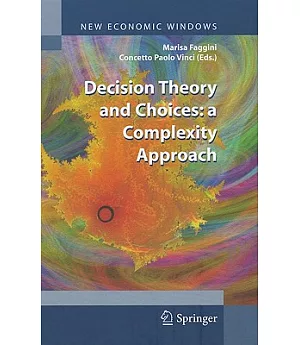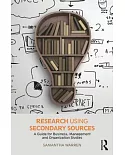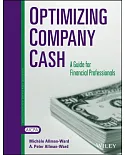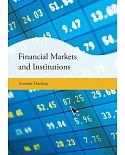In economics agents are assumed to choose on the basis of rational calculations aimed at the maximization of their pleasure or profit. Formally, agents are said to manifest transitive and
consistent preferences in attempting to maximize their utility in the presence of several constraints. They operate according to the choice imperative: given a set of alternatives, choose the
best. This imperative works well in a static and simplistic framework, but it may fail or vary when 'the best' is changing continuously. This approach has been questioned by a descriptive
approach that springing from the complexity theory tries to give a scientific basis to the way in which individuals really choose, showing that those models of human nature is routinely
falsified by experiments since people are neither selfish nor rational. Thus inductive rules of thumb are usually implemented in order to make decisions in the presence of incomplete and
heterogeneous information sets.





















